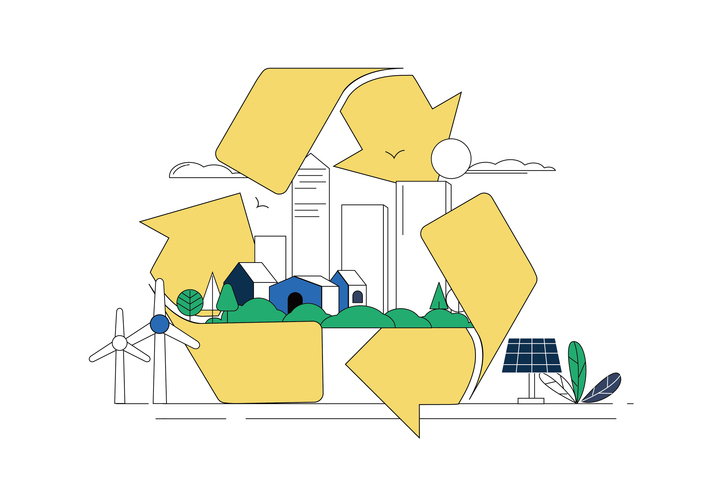The ACT Greens have announced a circular economy plan, which includes expanding food waste recycling to all of Canberra by 2026.
“We know Canberrans care about the environment and want to do what they can to reduce the amount of waste going to landfill,” ACT Greens MLA Jo Clay said.
“Like many Canberrans, the ACT Greens are committed to doing everything we can to tackle the climate crisis. That’s why we’re putting forward a comprehensive circular economy package.”
The package would also:
- Recover all supermarket packaging waste by 2028
- Recycle fast fashion by 2028 – cut the damage of fast fashion by making manufacturers responsible for clothing waste
- Recycle all government-purchased solar panels, electric vehicles, and large batteries, and build recycling systems for the clean energy transition
- Make government purchasing of furniture, IT goods and textiles sustainable
- Support circular economy businesses through ACT Government programs and a new grant scheme
- Develop a Reuse and Repair strategy
- Provide a clear pathway for sustainable construction and salvage.
- Renew the ban on incinerators and oppose an incinerator in this region
“Canberrans are very enthusiastic recyclers,” Ms Clay said. “We know many would love to reduce their organic waste too, but unfortunately, right now they simply don’t have the support and systems in place to do so…
“The ACT Greens campaigned for over a decade for a food waste recycling program. The highly successful food waste pilot program was eventually rolled out in Belconnen this term. The program was so successful it was recently expanded to 1,500 more apartments and townhouses.
“But the whole of Canberra needs this service.
“We are in a climate crisis. We have taken strong climate action, but we’ve stalled on food waste. 10 per cent of our climate pollution comes from landfill, and that figure is increasing.
“In a climate crisis, we need to do more, and we need to do it now.
“The ACT Government promised to expand food waste service to all Canberra households by 2023 using a central industrial composter, but they have delayed building this facility until 2026 at the earliest. That delays the rollout for at least another three years. And it might be longer, given that many of our capital works projects do get delayed.
“Evidence from many successful food waste programs around Australia and the world show us that we actually don’t need a central industrial composter to establish a city-wide service.
“The ACT already has a range of government facilities, businesses and services that process food waste. A city-wide food waste recycling service could put these together and expand them to meet the needs of our entire city, like many other cities and councils do.
“This, combined with really well-funded and targeted education, will work.
“We can create local jobs, create great compost, and take real climate action at the same time. We want to change the system to make it easy for people to change their behaviour.”
ACT Greens candidate for Ginninderra joined Ms Clay to launch the ACT Greens Circular Economy package.
“There are many Canberra families and individuals who want to recycle and reduce waste but need some support and guidance about how to do it,” Ms Sinclair said.
“With a growing ACT population, and more people living in apartments or townhouses, government waste services need to be expanded, and they need to work for everyone. The technologies are available – the key is greater government commitment.”



